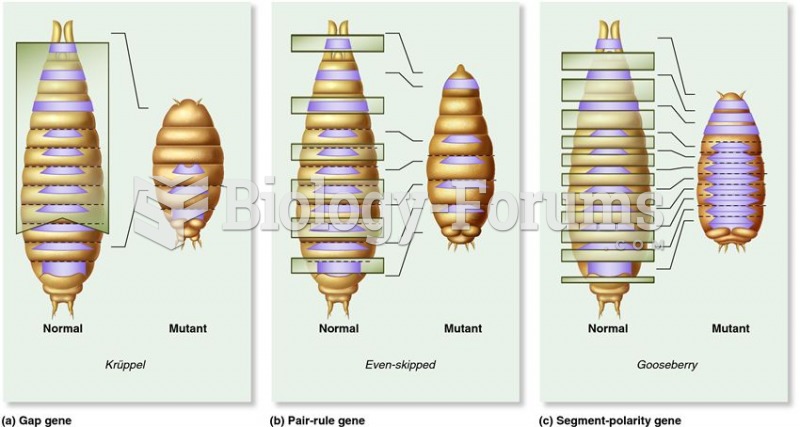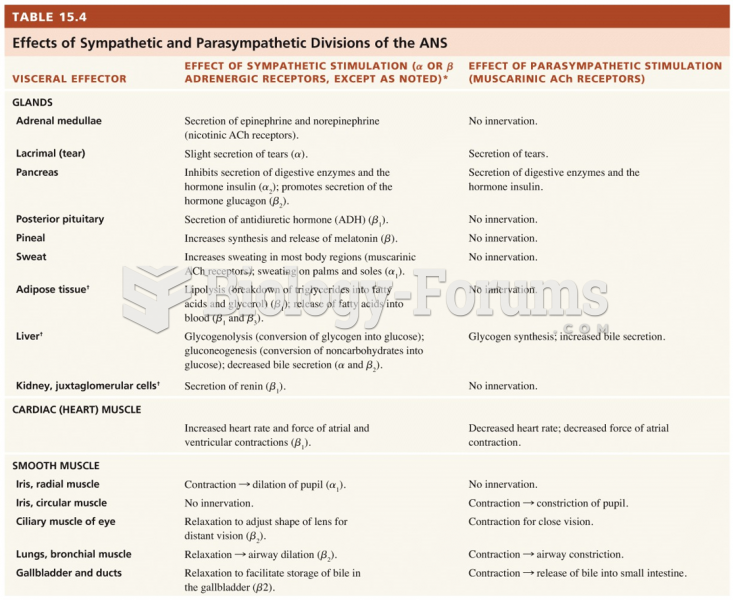|
|
|
Vaccines prevent between 2.5 and 4 million deaths every year.
On average, someone in the United States has a stroke about every 40 seconds. This is about 795,000 people per year.
Recent studies have shown that the number of medication errors increases in relation to the number of orders that are verified per pharmacist, per work shift.
The first documented use of surgical anesthesia in the United States was in Connecticut in 1844.
Anesthesia awareness is a potentially disturbing adverse effect wherein patients who have been paralyzed with muscle relaxants may awaken. They may be aware of their surroundings but unable to communicate or move. Neurologic monitoring equipment that helps to more closely check the patient's anesthesia stages is now available to avoid the occurrence of anesthesia awareness.







